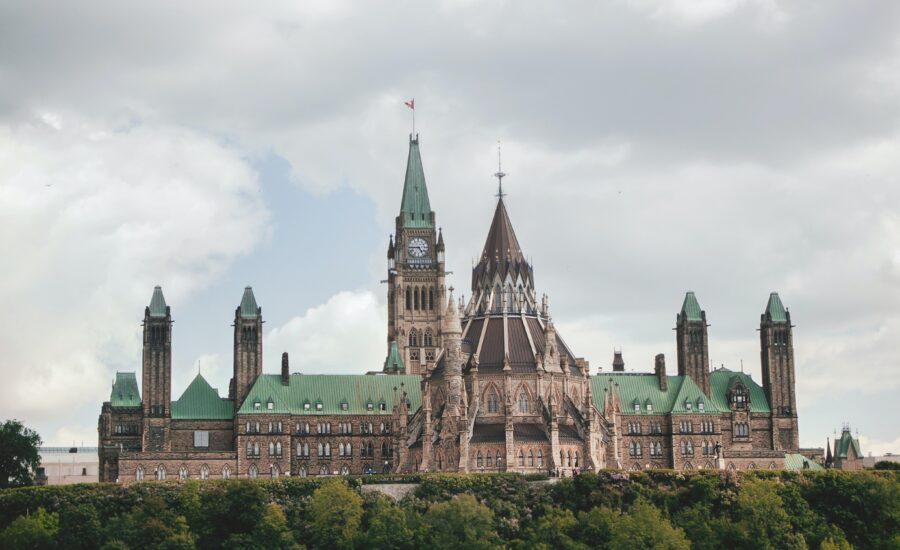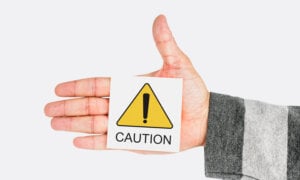What the September federal election means for your money
As anticipated, the Liberal government has called a federal election to be held on Monday, September 20. Canadians will go to the polls to elect or re-elect their local members of Parliament and, by way of that cross-country seat count, Prime Minister Justin Trudeau will step into a second term, or we’ll have a new PM and ruling party.
What are the key policy issues that will drive this election? Many have reported that the Liberals called the election feeling that their response to the pandemic and their robust procurement of vaccines could lead to a majority government for them. Currently, the Liberals hold a minority position and need the support of other parties to get bills passed through the House of Commons.
Along with the pandemic, national unity, the environment, Indigenous issues, national daycare and universal basic income, student debt, Internet regulation and housing will get lots of ink and much CO2 will be released (through breathing and talking) on the campaign trail as the party leaders utter their promises.
That said, many money issues are rising to the top. (Recall that famous expression, “it’s the economy, stupid”.)
Political parties put out policy platforms that include what they want to spend money on, how much it will cost and how they might pay for it. The word “might” should probably be in air quotes; in the world of political promises, things don’t always add up. A political platform might pack the grocery cart with $150-billion worth of goods, but with only a few hundred mil in the wallet. On that front, one might pick on the NDP first. The National Post (a fiscally conservative paper) has opined that the NDP’s platform wish list is expensive—and even if you do tax the rich, those revenues fall short. You can have a read of that post and do the math.
The pandemic has been expensive for governments around the world, including Canada. In fact, in terms of the level of fiscal support they’ve offered, Canada and the U.S. top the list. Canada now has record deficits and a trillion-dollar debt. But that won’t stop any of the political parties from creating those big wish-list platforms—and, eventually, Canadians will have to pick up the tab.
In March of 2021, I wondered in this space if tax hikes were the next big investor worry. Keep in mind, though, before that, Arthur Salzer of Northland Wealth Management said that’s not a great plan, because governments won’t generate significant (or any) revenues by going after the wealthiest Canadians.
Tax considerations, spending plans, debts and deficits might grab the attention of voters in this election. An Investment Executive post suggests…














I totally understand that the pandemic has created some levels of financial inequalities and a large portion of the population either lost their employment or saw their nest egg decrease in size. That said, as always, the Canadians that have been frugal with their finances over the past 30-40 years, sought employment with high level of job security, smartly invested and/or coordinated their expenses, will be the ones paying for the remainder that live in the now and expect the government to “take care of them”.
Our life-long dream is to own a fairly sizeable (30-40 feet) pleasure craft and enjoy the fruit of our labour during our well-earned retirement after 30+ years of service to our country. Not anymore, thanks to politicians that don’t have the guts to call out financially irresponsible Canadians and hold them accountable for their lack of foresight.